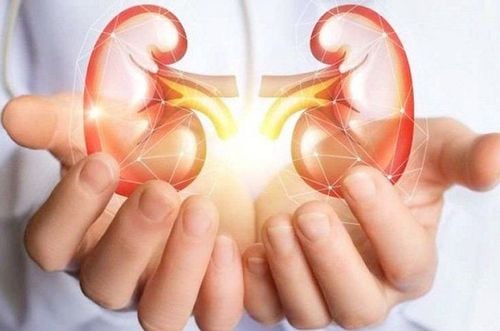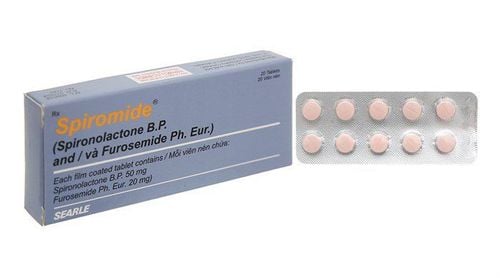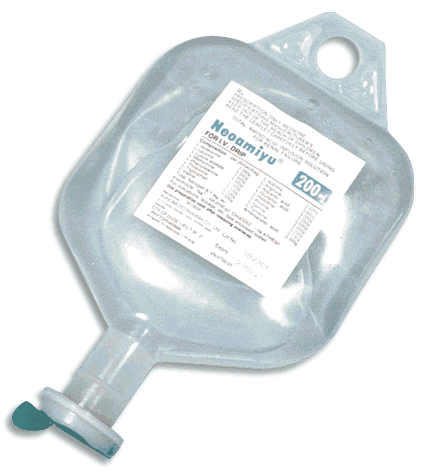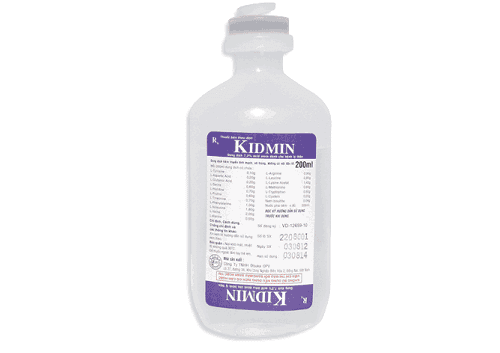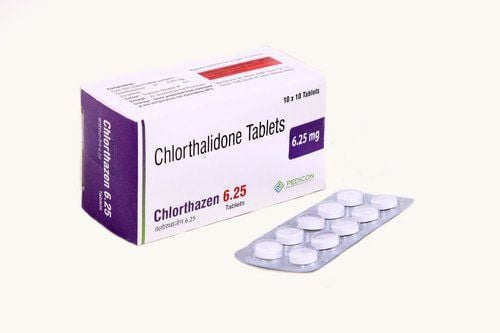This is an automatically translated article.
Disorders of blood potassium can cause serious cardiovascular events such as arrhythmias, heart failure... especially when combined with ventricular arrhythmias. In the case of using higher doses, the frequency and severity of complications are greater, if not timely emergency will affect the patient's life.
1. What is drug-induced dyskalemia?
Potassium plays an important role in nerve-muscle conduction as well as conduction that stimulates heart muscle contraction, smooth muscle contraction, and ensures the efficient functioning of the autonomic nervous system. Potassium also regulates glucose metabolism. Due to drug use, hypokalemia or hyperkalemia beyond the limit is called drug-induced dyskalemia.
The average blood potassium concentration is 5nmol/L (20mg%), depending on the person, diet, the amount of potassium ranges from 3.5-5nmol/L; if <3 nmol/L is considered decreased, if > 5 nmol/L is considered hyperkalemia - blood.
Cases of acute drug-induced hypokalemia: Potassium excreting diuretics can cause hypokalemia. If diuretics are only used to reduce water, electrolytes, and potassium at a moderate level, in general, potassium excretion is only at the allowable threshold, rarely causing hypokalemia disorders. In case of using diuretics that have a strong effect on water, electrolytes, and potassium, the loss of potassium is easy to exceed the allowable threshold, causing hypokalemia disorders. In case of acute hyperkalemia due to drug use: Potassium-sparing diuretics - aldosterone-reducing drugs - aldosterone antagonists can cause hyperkalemia, when increased beyond the allowable threshold, hyperkalemia will occur. Drug-induced hyperkalemia also causes adverse effects on the heart, on the circulatory system.
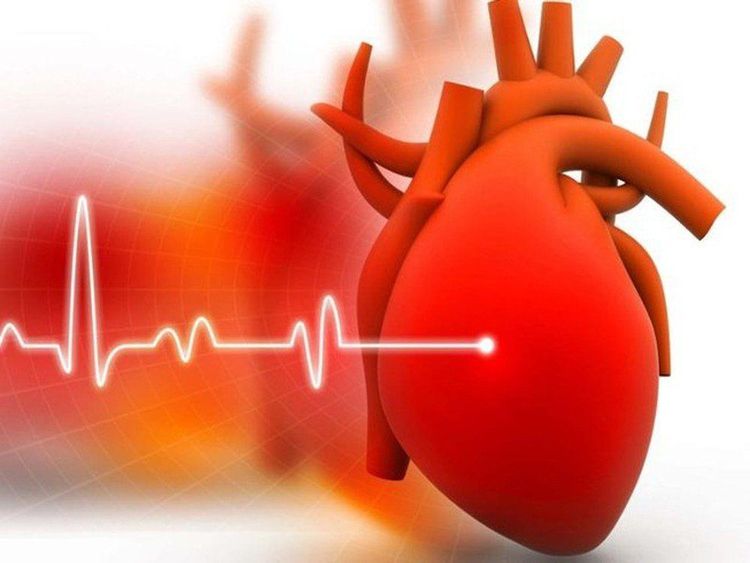
Rối loạn tăng kali máu do thuốc gây ảnh hưởng bất lợi trên tim
2. The dangers of drug-induced dyskalemia
Potassium is an important mineral for the body; necessary for the functioning of nerve cells, muscles; Regulates water, electrolytes and maintains alkaline and acid-base balance in the body and helps maintain the normal functioning of the cardiovascular, digestive, urinary, muscular systems...
Potassium permeates relatively little across membranes Cells, excreted in the urine (80-90%), a small part in the feces, not stored in the body as sodium, tends to exit the cells during disease. When too much potassium is lost, there will be an increase in intracellular sodium and an increase in bicarbonate in the extracellular fluid.
Disorders of blood potassium cause serious cardiovascular events such as arrhythmias, heart failure ... especially when combined with ventricular arrhythmias. The higher the dose, the greater the frequency and severity of complications, and if the emergency is not timely, it will endanger the patient's life.
Therefore, extreme caution should be exercised with drugs that cause dyskalemia. During the use of these drugs, it is necessary to check the blood potassium level and if you see any symptoms of dyskalemia, the patient should promptly notify the doctor in order to take measures. timely.
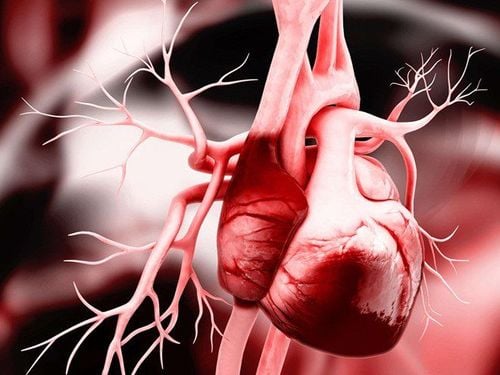
Người bệnh có thể bị suy tim do rối loạn kali máu
3. Signs of dyskalemia
Signs to recognize hypokalemia:
The patient has signs of dizziness, arrhythmia, low blood pressure or cardiac arrest in case blood potassium <2.5mEq/L. Fatigue, agitation, confusion, speech disturbance, decreased reflexes, respiratory paralysis. Nausea and vomiting cause anorexia, diarrhea, abdominal distention, paralytic ileus, or decreased peristalsis. Urinating a lot. Fatigue, muscle weakness, leg cramps. Signs of hyperkalemia:
The patient's heart rate is fast, then slows down; ECG changes, cardiac arrest in case of blood potassium>7mEq/L. Hyperreflexia progresses to muscle weakness, numbness, stinging, and flaccid paralysis. Nausea, diarrhea, stomach cramps. Oliguria or anuria. Muscle weakness, software paralysis.

Mệt mỏi do rối loạn kali máu
4. How to prevent blood potassium disorders due to drug use
Dyskalemia occurs on a case-by-case basis and there is a separate prevention method for each case. Specifically as follows:
Limit the use of drugs that cause blood potassium disorders: Some people with hereditary hypokalemia should avoid taking drugs that excrete a lot of potassium. For people with hyperkalemia, avoid taking drugs that increase potassium. Use of diuretics alone to treat hypertension: Thiazide diuretics help to excrete water, cause secondary vasodilation, ... leading to hypotension and may cause hypokalemia. Therefore, thiazides should be used at low doses (only 12.5mg/day, up to 25mg/day when needed), so the amount of false potassium in the blood is negligible. When taking thiazides, patients do not need to supplement potassium, but just eat enough vegetables or eat a few more bananas. Use of diuretics in combination with other antihypertensive drugs: Combination of diuretics with ACE inhibitors. ACE inhibitors can reduce aldosterone and cause hyperkalemia. If combined with a mild potassium secreting diuretic (thiazide), potassium can be regulated. In case of combination with potassium-sparing diuretics, it will easily increase blood potassium, so depending on the treatment requirements and response ability, choose the combination with appropriate diuretics so as not to cause dyskalemia. Using diuretics for heart failure: Depending on the type of heart failure, doctors use different types of diuretics. In mild to moderate heart failure, a mild potassium excrete (thiazide) is usually used. In case of acute left heart failure, chronic heart failure often use strong potassium excretion. At the same time, depending on the drug being used in heart failure, choose an appropriate diuretic to avoid adverse interactions. Do not combine with torsades de pointes: Dyskalemia is a favorable condition for torsades de pointes. Therefore, do not use diuretics together with drugs with the potential to cause torsade de pointes such as anti-allergic drugs, cardiovascular drugs, antibiotics. Appropriate diet when taking drugs: People taking drugs that cause blood potassium disorders should have an appropriate diet such as a balanced diet of lipids, glucide, protid, and vegetables. For people with hereditary hypokalemia, it is necessary to eat a lot of foods rich in potassium, avoid colds, avoid overexertion, and avoid eating too much glucide leading to hypokalemia. The main source of potassium for the body is from food sources of green vegetables, fruits (banana, avocado...), cereals, milk, meat, fish... with an average adult need of 4,700mg of potassium. everyday.

Kali có trong thực phẩm
Vinmec International General Hospital is one of the hospitals that not only ensures professional quality with a team of leading medical doctors, modern equipment and technology, but also stands out for its examination and consultation services. comprehensive and professional medical consultation and treatment; civilized, polite, safe and sterile medical examination and treatment space. Customers who choose to perform services here can be completely assured of the results. In addition, customers will be examined with a specialist to determine the risk of disease and have a scientific treatment direction.
Please dial HOTLINE for more information or register for an appointment HERE. Download MyVinmec app to make appointments faster and to manage your bookings easily.




